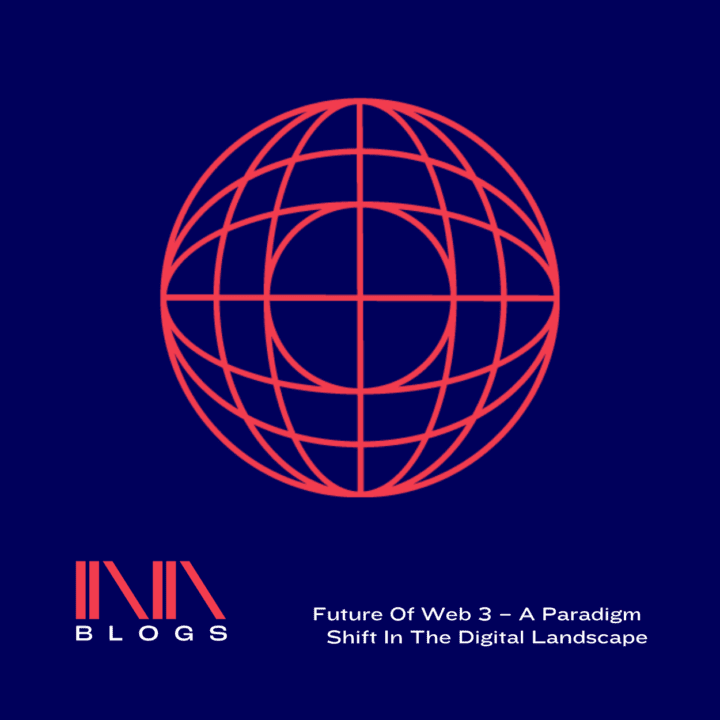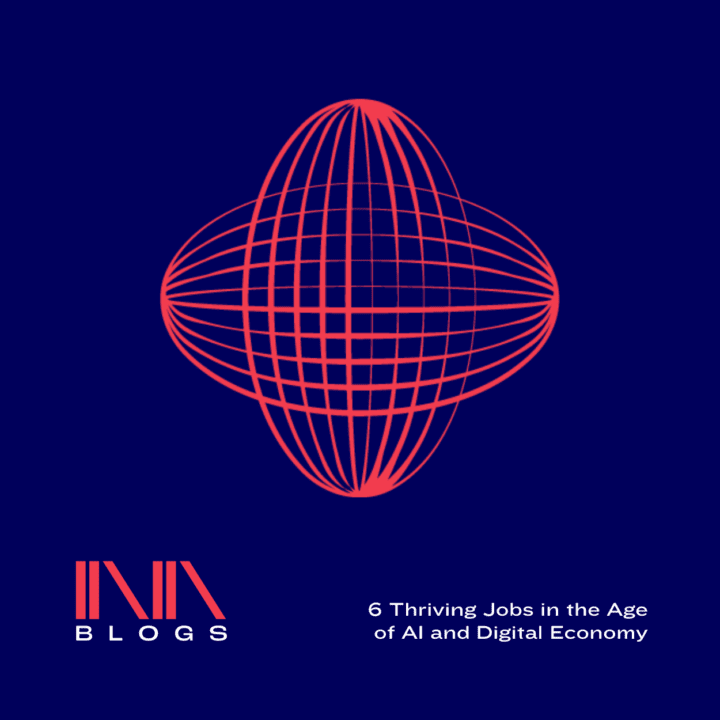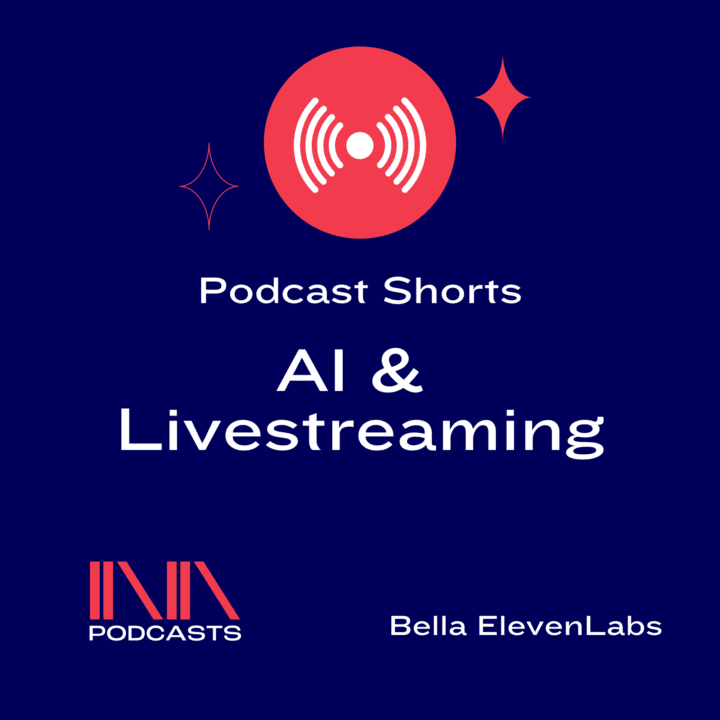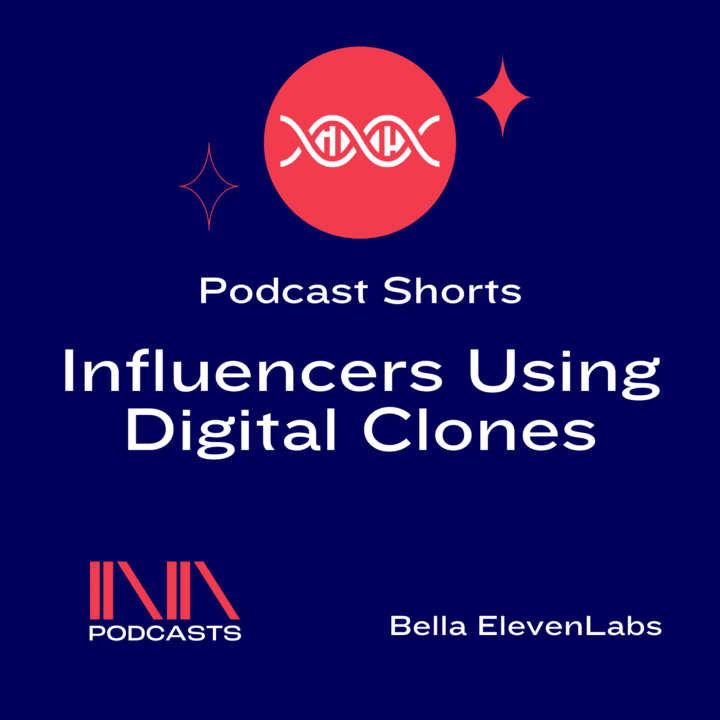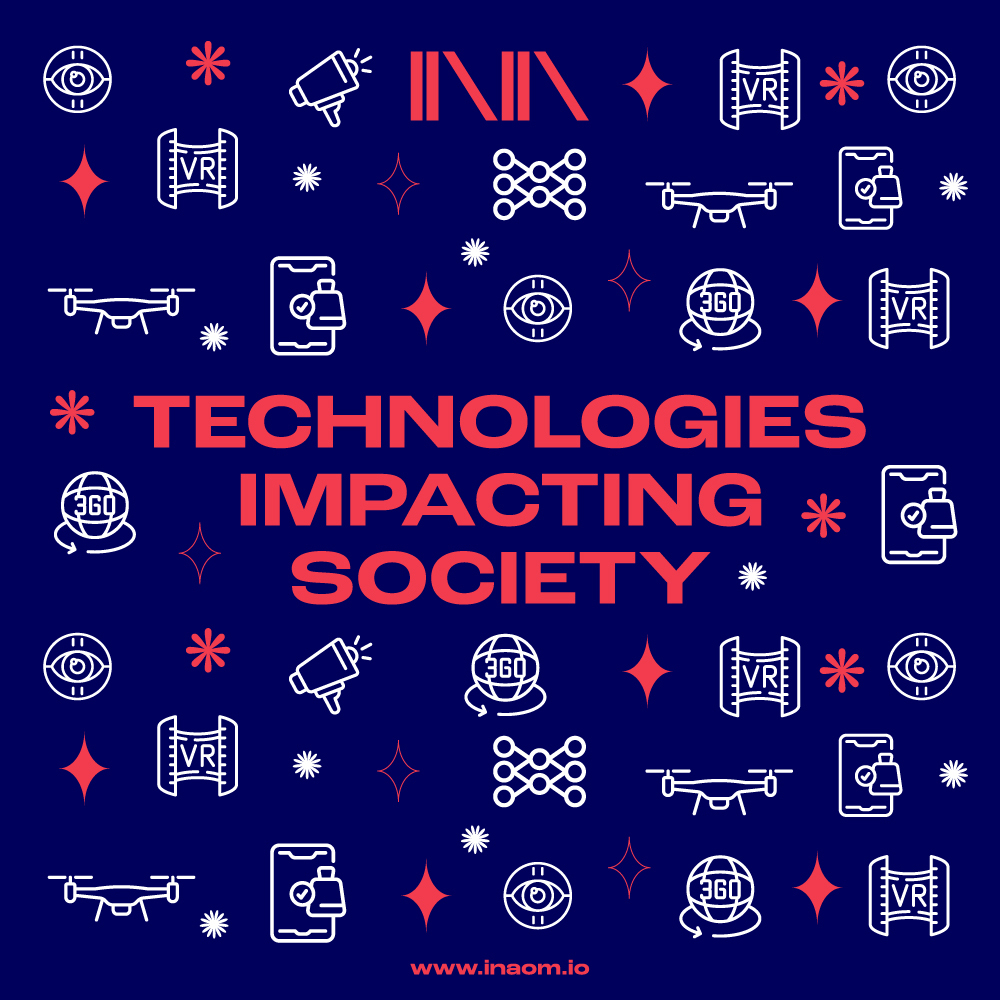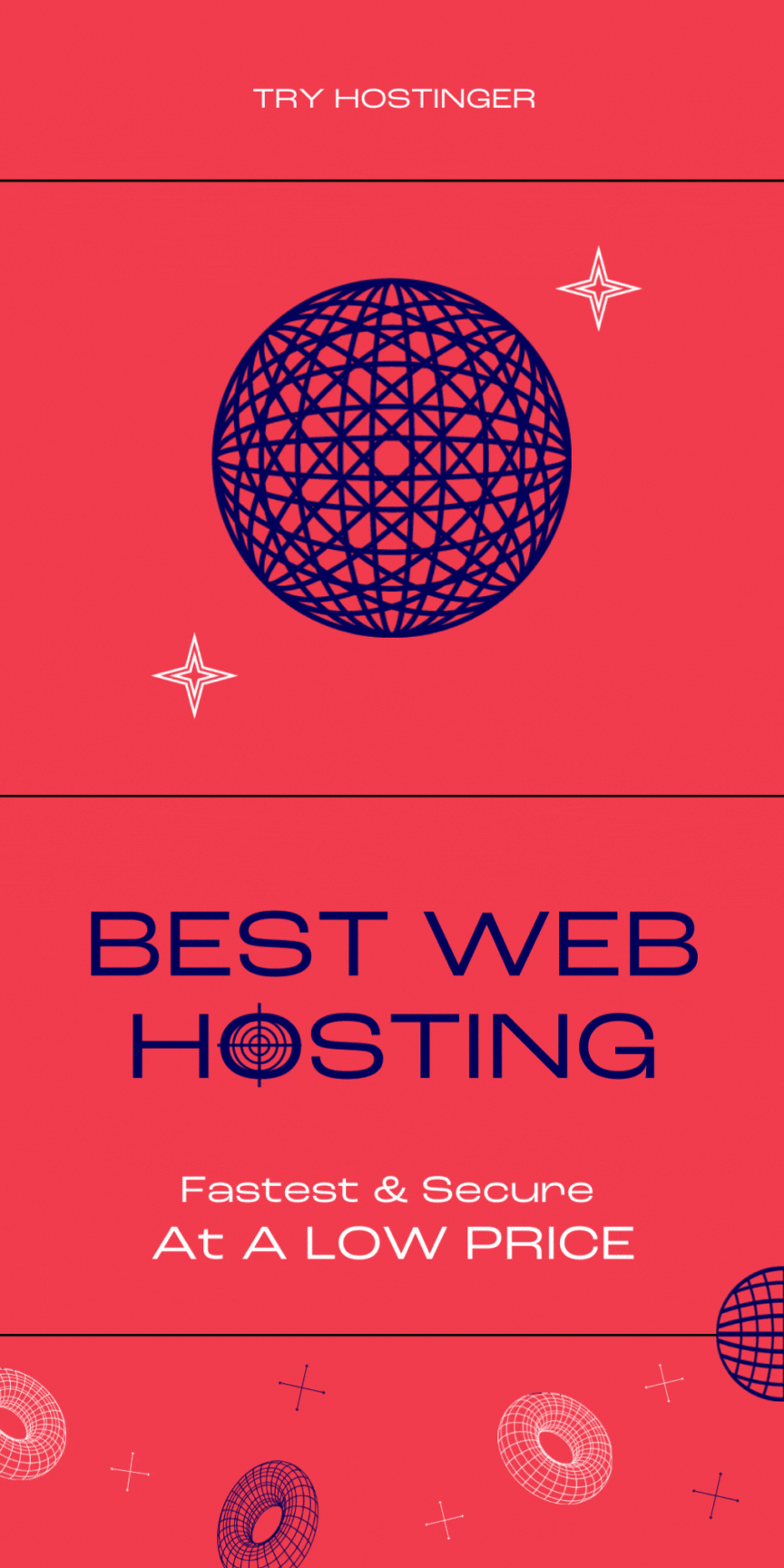Introduction
In the fast-paced world of today, digital technology has become an integral part of our lives. From smartphones to smart homes, we are constantly connected and surrounded by technology. However, the rapid advancement of digital technology has given rise to concerns about its impact on society, leading to a growing interest in the concept of “Slow Computing.” In this podcast, we delve into the profound effects of digital technology with professor Rob Kitchin, an eminent expert in Human Geography and Technology. We will explore the notion of Slow Computing, aiming to shed light on its potential consequences and strategies for a more balanced digital society.
Follow Rob Kitchin on Twitter:
https://twitter.com/robkitchin
Rob Kitchin Publication:
Slow Computing: Why We Need Balance Digital Lives
The Rapid Advancement of Digital Technology
The 21st century has witnessed an unprecedented surge in digital technology. From artificial intelligence to the Internet of Things (IoT), innovations are shaping our world at an astonishing pace. While these technological advancements bring convenience and efficiency, they also raise concerns about the rise of “Surveillance Capitalism.”
Surveillance Capitalism refers to the economic model where tech giants like Facebook and Google capitalise on user data for targeted advertising and other purposes. As a result, our personal information is collected, analysed, and exploited, leading to questions about data privacy and individual rights.
Understanding Data Collection and Usage
Tech giants like Facebook and Google have amassed vast amounts of data through our online activities. They employ sophisticated algorithms to process this data, which allows them to gain valuable insights into our behaviours, preferences, and even emotions. While these data-driven insights enable personalised services, they also raise ethical questions about user consent and data protection.
Data usage goes beyond targeted advertising; it influences decisions in various sectors, including healthcare, finance, and politics. Therefore, it is imperative to comprehend the far-reaching implications of data collection and usage on personal privacy and civil rights.
The Need for Slow Computing
In a world where we are always “on,” Slow Computing emerges as a compelling solution. Slow Computing is not about shunning technology but rather fostering a more deliberate and conscious digital lifestyle. It encourages us to be mindful of our digital consumption, thereby mitigating the negative impact of constant connectivity on mental health and well-being.
The hyperconnected nature of our lives can lead to information overload, anxiety, and a sense of disconnection from the real world. Slow Computing advocates for a more measured approach, allowing us to strike a balance between technology’s benefits and its potential drawbacks.
Strategies for Slowing Down Digital Lives
Strategy 1: Embracing Slow Computing
In today’s fast-paced digital world, where technology permeates almost every aspect of our lives, it has become increasingly important to find ways to slow down and strike a healthier balance with our digital presence.
1. Utilising Privacy-Enhancing Add-ons and Tools
Slow Computing involves being mindful of our digital footprint and taking steps to protect our online privacy. One effective method is to utilise privacy-enhancing add-ons and tools. These tools empower users to limit data tracking and retain control over their personal information. Among such tools, the “Facebook Container” extension stands out as a valuable resource to maintain privacy on social media.
What is Slow Computing?
Slow Computing is a growing movement that emphasises conscious and deliberate engagement with technology. It encourages individuals to avoid mindless scrolling and impulsive online behaviour and instead fosters a thoughtful, intentional approach to digital interactions.
Need for Privacy-Enhancing Add-ons
As concerns over data privacy escalate, it becomes crucial to understand the need for privacy-enhancing add-ons. These tools work to shield users from intrusive tracking and data mining, thus safeguarding sensitive information from falling into the wrong hands.
Facebook Container for Enhanced Control
The “Facebook Container” is a browser extension developed by Mozilla that isolates Facebook’s tracking capabilities, preventing it from monitoring activities on other websites. This add-on allows users to enjoy their Facebook experience while mitigating data collection and preserving a greater level of online privacy.
2. Limiting Data Tracking
Data tracking has become pervasive across the digital landscape, leading to concerns over user information being collected, analysed, and used without consent. Implementing measures to limit data tracking is a fundamental aspect of Slow Computing.
Importance of Data Privacy
Data privacy is a fundamental right, and individuals have the right to control how their personal information is collected and used. By limiting data tracking, users can maintain a level of anonymity and protect themselves from potential privacy breaches.
Implementing Effective Data Tracking Limitations
To effectively limit data tracking, users should consider using private browsing modes, regularly clearing cookies and cache, and opting out of data collection and personalised ads whenever possible.
Ensuring Online Presence Control
Taking control of our online presence involves understanding the data that platforms collect about us and actively managing our settings to restrict access to unnecessary personal information. By doing so, individuals can create a more secure digital identity.
Strategy 2: Adopting “Digital Detox” Periods
In our digitally connected world, it’s easy to become overwhelmed and burnt out from constant notifications and information overload. Adopting the concept of digital detox can help individuals refresh their minds and regain focus.
1. Understanding Digital Detox
What is Digital Detox?
Digital detox refers to consciously and temporarily disconnecting from digital devices and platforms, allowing individuals to take a break from the virtual world and reconnect with the physical world.
Benefits of Disconnecting from Technology
Digital detox offers numerous benefits, such as reduced stress and anxiety, improved sleep patterns, enhanced creativity, and increased face-to-face interactions, fostering deeper connections with others.
2. Setting Designated Digital Detox Periods
While the idea of a digital detox may seem challenging in our highly connected lives, with careful planning and commitment, it is achievable and rewarding.
Planning for Successful Digital Detox
Choose specific periods for digital detox that align with personal schedules and commitments. Inform friends, family, and colleagues about the planned detox to manage expectations and avoid any inconvenience.
Tips for Disconnecting and Recharging
During digital detox, engage in activities that promote relaxation and mindfulness. For example: reading books, spending time in nature, exercising, or pursuing creative hobbies.
Gaining a Renewed Perspective on Digital Habits
A digital detox period offers an opportunity to reflect on our digital habits. It identifies areas where we can make healthier choices and create better boundaries with technology.
Education and Data Privacy
An essential aspect of Slow Computing is fostering data literacy and educating individuals about data privacy. Schools and societies must play a crucial role in equipping people with the knowledge to make informed decisions about their online presence.
Educating individuals about data collection implications and the significance of protecting personal information. It empowers them to responsibly navigate the digital realm. This knowledge fosters a safer and more informed online experience for everyone.
Empowering Data Rights
In the quest for a balanced digital society, the concept of data sovereignty gains significance. Data sovereignty emphasises that individuals should have control over their data and the right to decide how it is used.
Legislations like the General Data Protection Regulation (GDPR) aim to protect data rights and ensure that individuals’ privacy is respected. By understanding and supporting such initiatives, we can collectively advocate for stronger data rights.
The Societal Shift Towards Balance
The digital era has brought about a societal shift, with younger generations leading the charge for change. The call for a balanced digital society is growing louder. The people are now recognizing the importance of preserving their privacy, mental well-being, and overall quality of life.
This societal shift demands a collaborative effort, involving individuals, businesses, policymakers, and technology creators. By working together, we can shape a future where technology serves humanity in a way that is both empowering and respectful of individual rights.
Conclusion
In conclusion, the impact of digital technology on society is profound and far-reaching. As technology continues to advance, it is vital to strike a balance between embracing its benefits and mitigating its potential pitfalls. Slow Computing offers a promising path towards a more conscious and balanced digital existence.
By understanding data collection, advocating for data privacy, and embracing Slow Computing strategies, we can regain control over our digital lives. It is up to each one of us to play an active role in shaping a digital society that prioritises individual rights, well-being, and meaningful connections.

